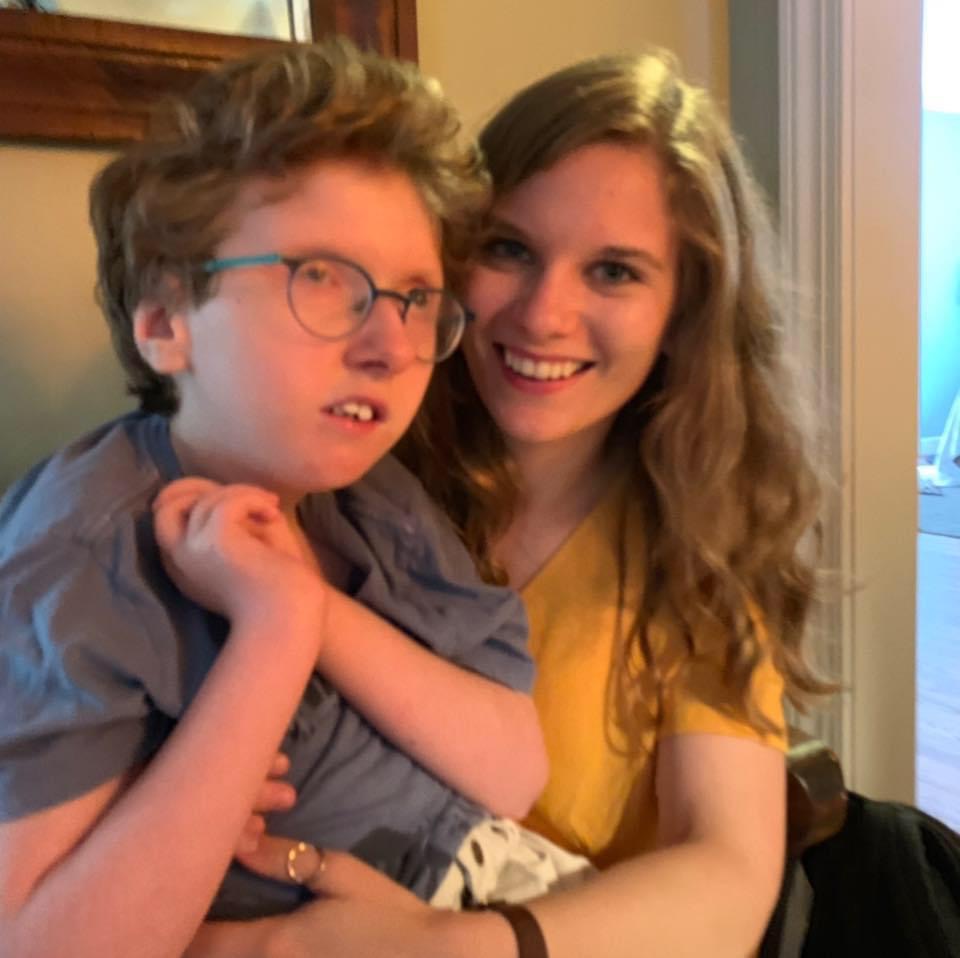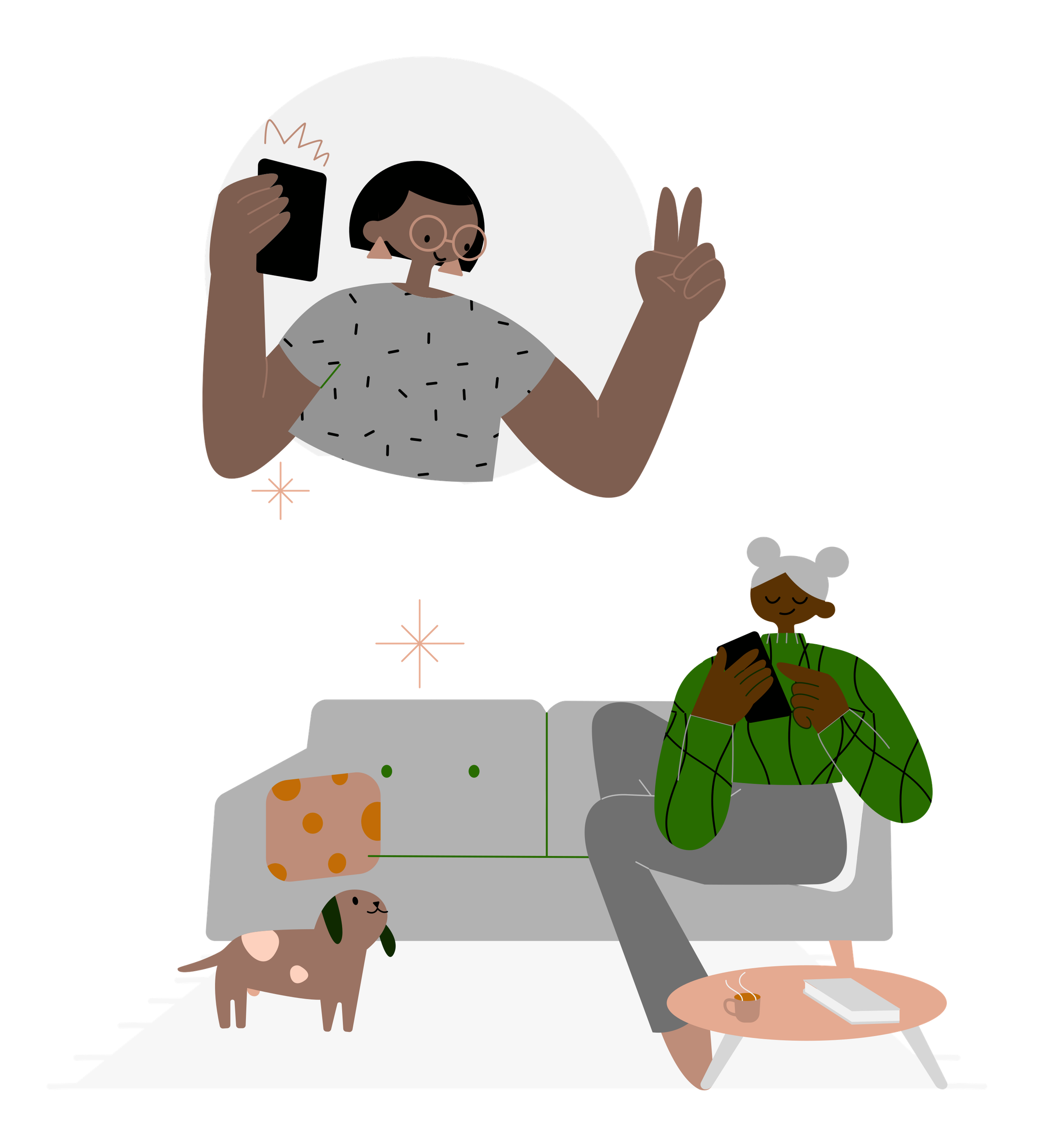I have often felt a void between myself and my peers. As a caregiver for my profoundly disabled brother, James, I spent many nights in high school awake and comforting him after a seizure. My daily life, which consisted of switching between homework and G-tube feedings, was not something my peers could imagine, much less talk about with me. In college and beyond, I began to speak weekly with my parents about medical decisions for James. I am passionate about sharing how a lesson from class or an observation at my current job as a medical scribe could enlighten us about James’s conditions. Still, learning how to simultaneously be a caregiver and a young adult, as well as a medical decision-maker and a pre-med student, has not been an easy task. I cannot deny the grief that accompanies being a sister to someone who will not live to grow old, all the while knowing that none of my friends understand my deepest pains.

Over the past year, I began to recognize that this void has turned into a chronic sense of isolation. Despite having many supportive friends, I have found it difficult to share with them my complex experiences with James: my struggles and worries as his older sister but also the simultaneous joy I have from knowing and loving him. After moving to North Carolina in 2019, I continued in this pattern of isolation, wondering if I would ever feel connected to my peers. Whether due to the busyness of life or a lack of exposure, I had never heard of a sibling support group. However, when I learned a few months ago about Victoria’s plan to start AKALAKA, it suddenly hit me: why have I never been a part of something like this? Before even joining the first AKALAKA cohort, I knew that this group would be a place where I could find both logistical and emotional resources to support myself and my family in our journey of caring for my brother. Earlier this year, James was enrolled in the children’s Medicaid waiver program in my home state, so the educational aspect of AKALAKA could not have come at a more perfect time.
Although the AKALAKA cohort meetings have been online, the sense of genuine support and care is palpable. I have not needed to explain or justify life with James. I can simply say “I have a special needs brother,” and people really get it. They know what it is like to face the unknown and struggle with questions about what our siblings’ lives will look like or how we will care for them in the future. One of my favorite moments of being a part of AKALAKA was meeting one-on-one with another sibling in the group. We shared the things that our little brothers like to do: she told me that her brother loves going out to eat steak, and I told her that my brother loves to be pushed around the neighborhood in his wheelchair. Our brothers may be very different, but we both can know the joy that we feel when we witness our siblings smile, laugh, or accomplish even the small things, like eating a good steak.
I am deeply grateful that AKALAKA is available for siblings to not only learn about the complexities of disability services but also to connect with one another in real ways. Because of AKALAKA and the people who are a part of it, that void I have felt for so long is slowly disappearing. I am no longer alone.
Subscribe for timely, thoughtful, and delightful stories from sibling caregivers and resources to support you. Join our community to confidently handle life together.
Author Bio: Mary Landis Gaston is an older sibling to her 13-year-old brother, James, who was born with significant intellectual and developmental disabilities. She currently lives in Chapel Hill, North Carolina, and is applying to medical schools to pursue academic medicine and become a pediatric specialist.
